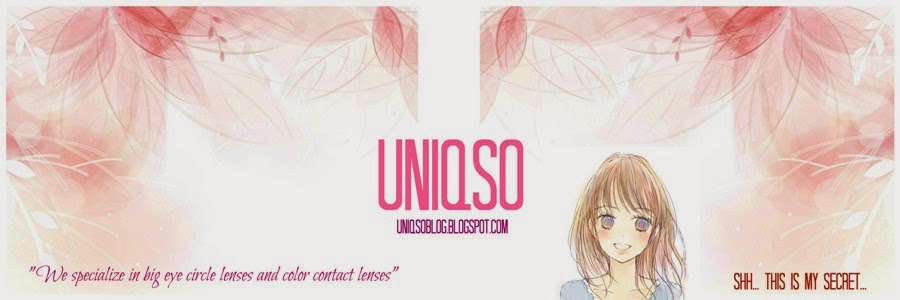Contact lens after care is not an eye examination. It may be a combination of the two. It is in fact
a follow up eye examination, where ophthalmologists examine your eyes to see
how contact lenses have affected your vision & eyes in general. Contact lens after care & follow ups are recommended once every year, unless you
suffer from a typical vision disorder or are younger than 16 years of age.
What Happens in a Contact Lens Follow-up?
Contact lens follow ups help doctors analyze the general
health of your eyes. From ruling out the possibility of any underlying
infections that are as yet dormant to assessing the quality of tears are
included in a doctor-patient contact lens follow up session.
Also Read: [ How Important are Contact Lens Followups?]
As a regular contact lens wearer, you are advised to allow
enough time to let your contact lenses settle before you arrange an appointment
with your doctor. Usually, after 3 hours of wearing contact lenses; your eyes
show telltale signs of discomfort that only a doctor will be able to spot on. A
contact lens follow up may include:
1. An eye test – To see if your prescription needs to be
updated
2. Movement of Contact lenses on Cornea – To see how your eyes
react against contact lenses. Contact lenses are meant to move on eyes, but not
too much.
3. Quality of Tears – To see if your eyes are still producing
enough quantity of tears to help lubricate your eyes. This test also helps sorting out the different modes of contact lens replacement. For instance; someone
with dirty tear film needs daily disposable contact lenses.
Moreover, your eye doctor may ask you to remove your contact
lenses. Doing so he will be able to analyze the performance of your eyes
without contact lenses. Feel free to take along your contact lens solutions and
lubricating drops if you have had suffered from red eyes, discomfort or eye
sore. Depending on the health of your eyes and the ingredients mentioned on the
product label; he will be able to find a link between infections and contact
lenses (if any).
Also Read: [Converting Prescription of Glasses to Contact Lenses]
Please remember that prescription of your glasses is
different than prescription of your contact lenses. This is why; get a fresh
prescription from your eye doctor whenever you plan to make a switch between
the two counter parts for vision correction.


No comments:
Post a Comment